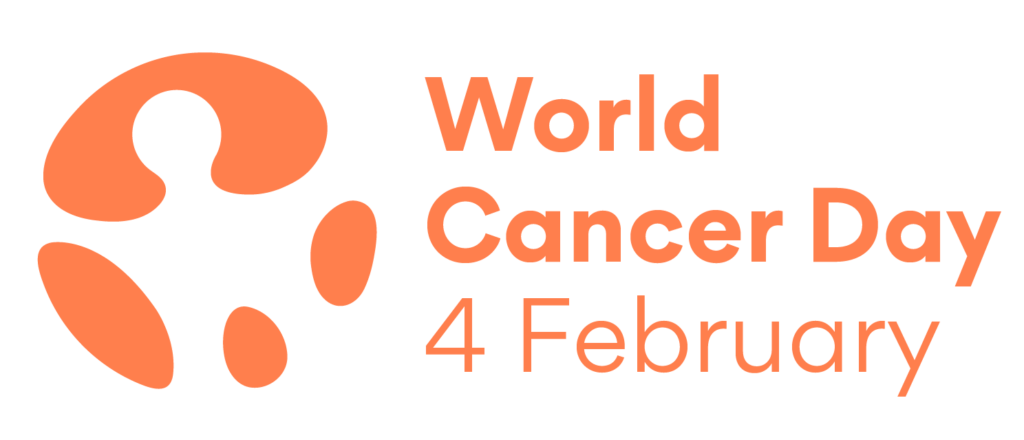“Working in cancer research is an immense privilege.
I started my career almost by accident but I’m now pursuing further research with conviction. I truly believe that we can generate the crucial evidence needed to #CloseTheCareGap.
The topic of cancer inequalities is multifaceted, and the job of a researcher includes wearing many hats. Hearing patients’ experiences of their disease and of the system, generating hypotheses, analysing large databases, and discussing and disseminating our findings are all key elements of my day job.”
– Camille Maringe
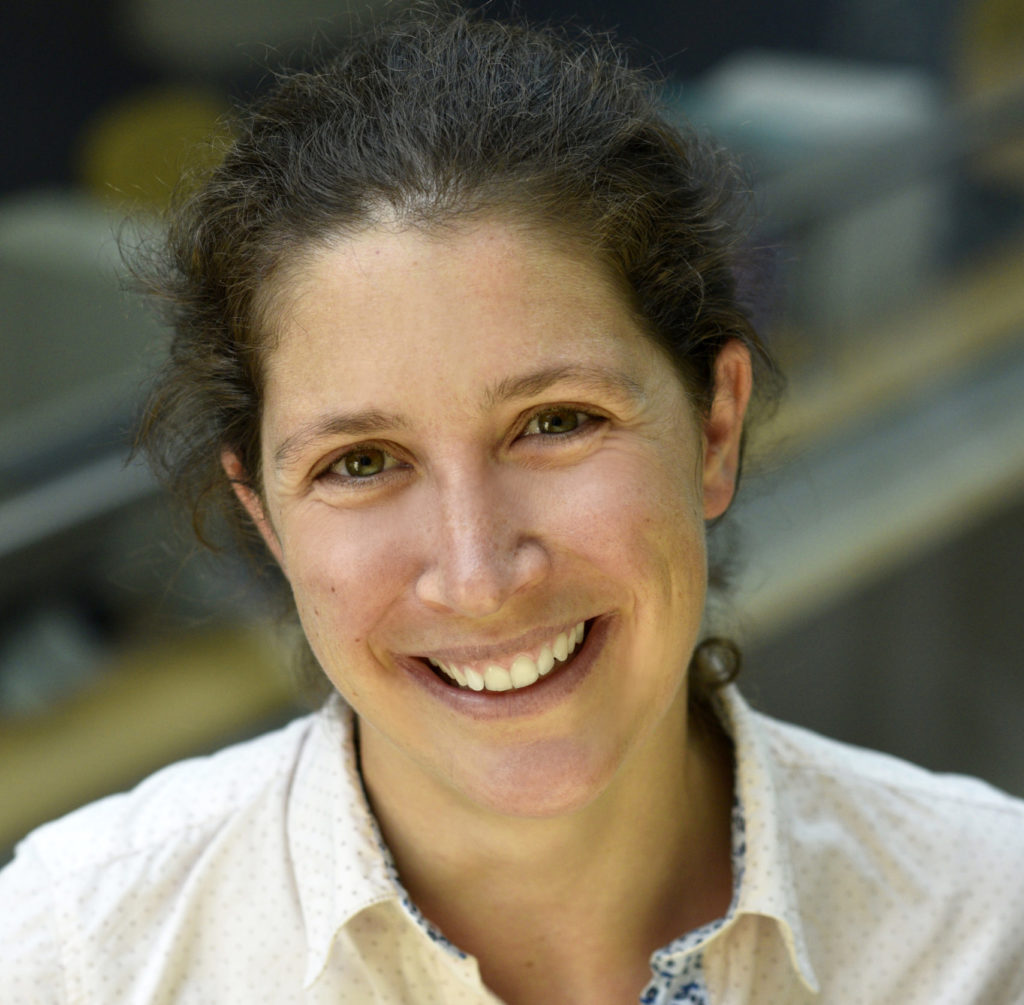
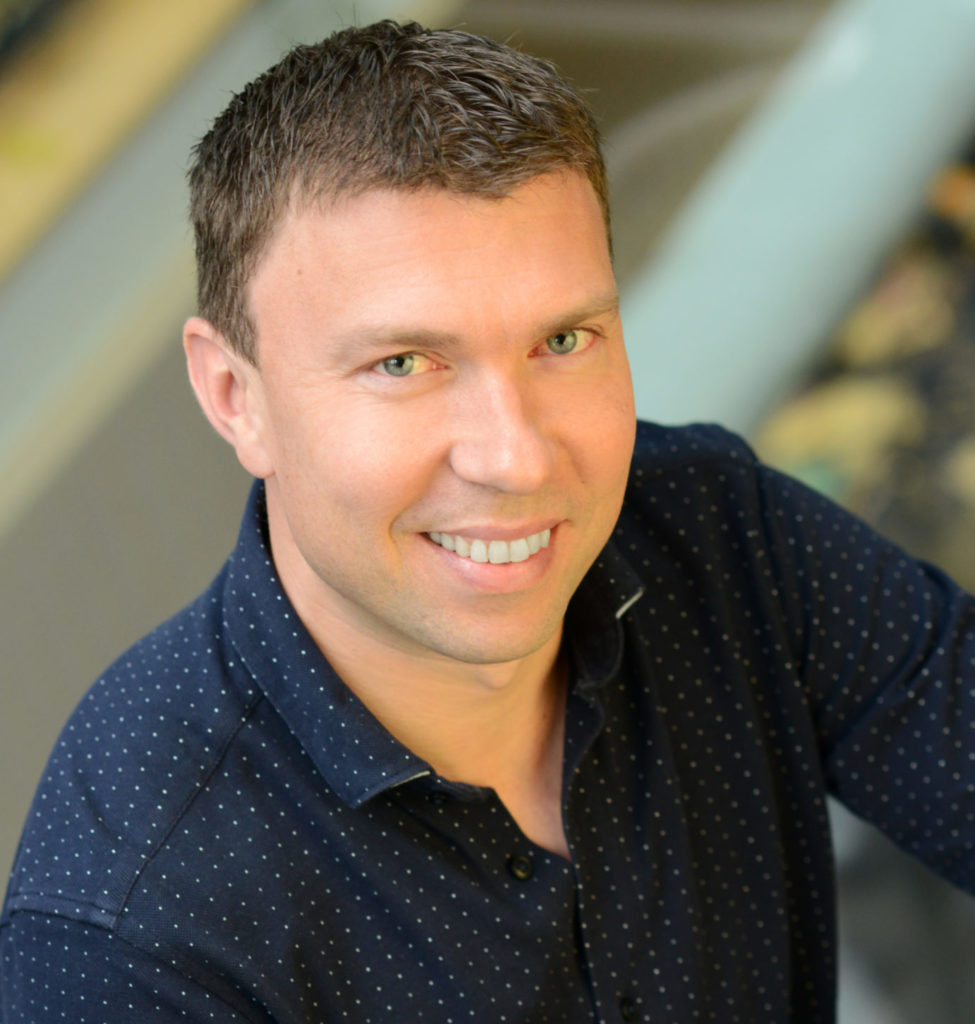
“I started my career as a statistician over 20 years ago at Hospices Civils de Lyon and I quickly specialised in cancer epidemiology using population-based registry data. I was astonished by the socio-economic inequalities in outcomes for patients diagnosed with cancer and became very curious as to why this was the case.
To sate that curiosity, I decided to join the LSHTM in 2014 to work under Bernard Rachet’s supervision with a focus on developing and implementing statistical methods to analyse complex population-based data in cancer epidemiology, to provide relevant information for patients, clinicians, and policymakers.
A decade later this mission still motivates me, and I’m pleased to regularly work with a network of collaborators from UK, France, Spain, Slovenia, Canada, Netherlands, Kenya, Chile, and Argentina.”
– Aurelien Belot
“My research focuses on understanding and suggesting interventions to reduce inequalities in diagnosis pathways, particularly for cancers where early detection allows for curative treatment and improved survival.
It is a great privilege to engage with diverse groups during our patient and public involvement and engagement activities. This connection brings me to the margins of society, deepening my understanding of living with cancer at the peripheries, and contributing to the relevance of our research. This is my passion and what drives my work.”
– Wende Safari
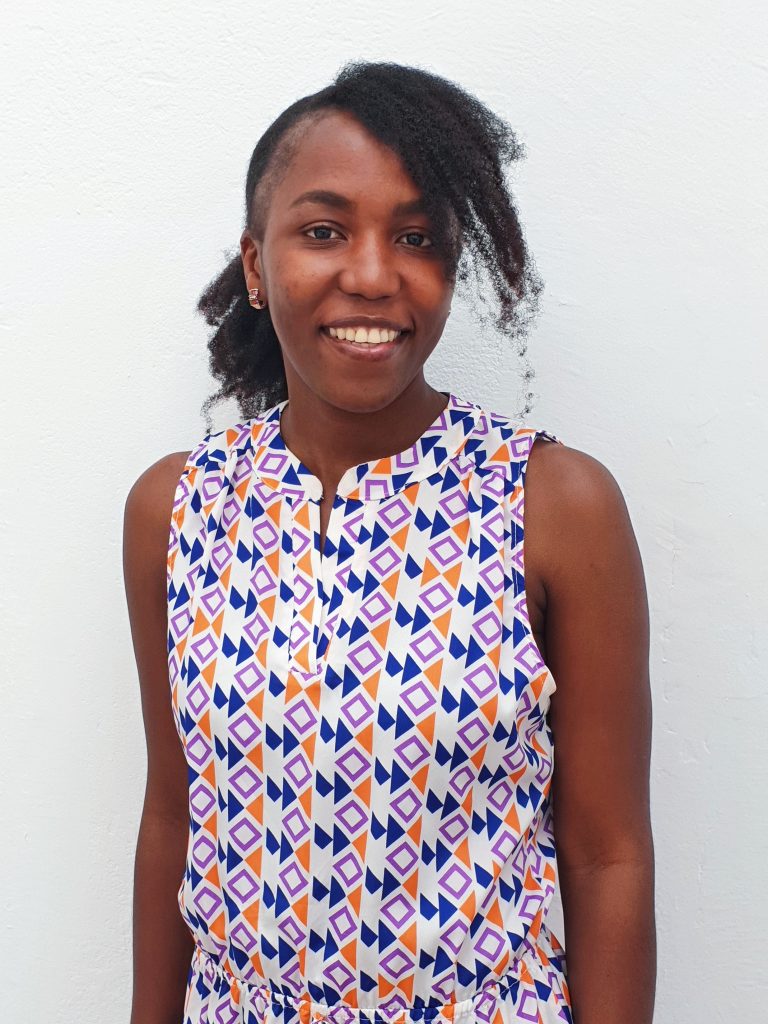
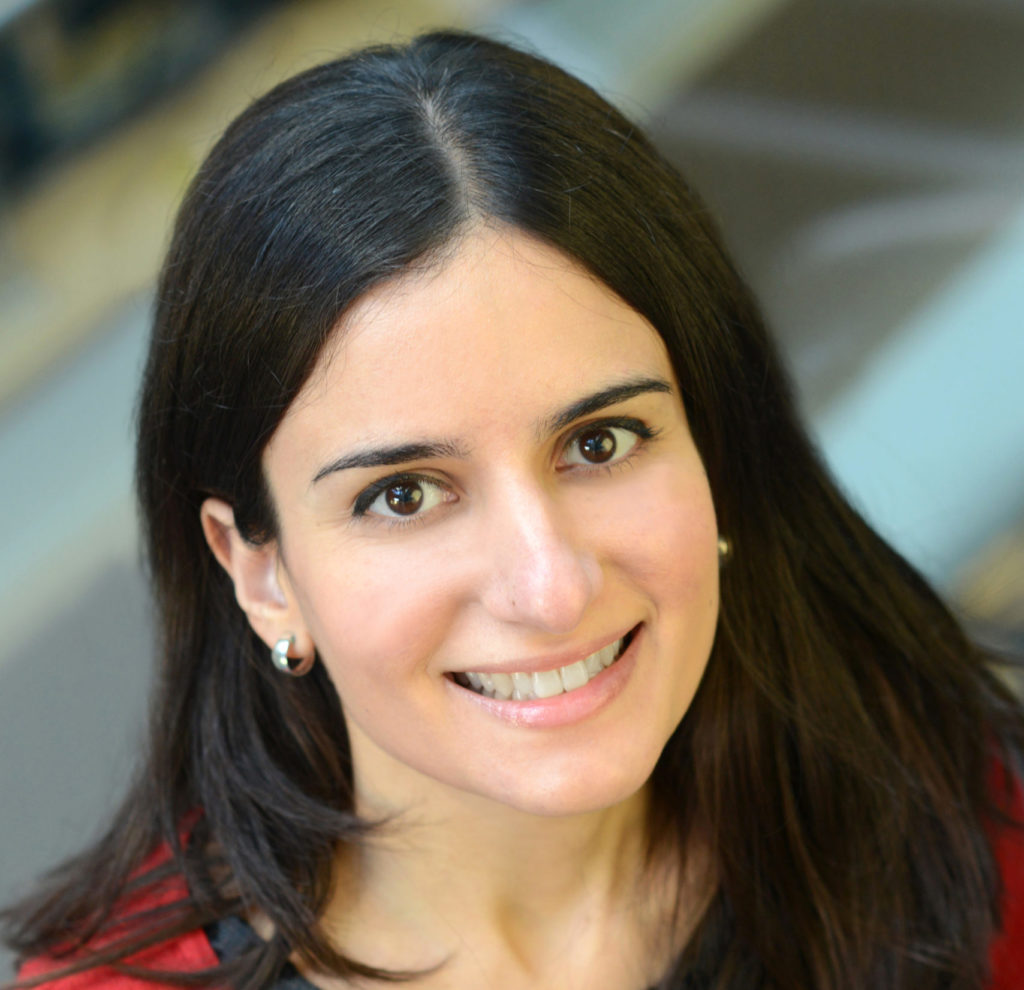
“Although I graduated in statistics for my first degree, I always knew that I wanted to combine my knowledge in statistics with human sciences. I decided to pursue social epidemiology with the aim of understanding how one’s health is affected by one’s social environment and subsequently became aware of the inequity in health outcomes between countries and population groups. This stark realisation is what motivates me to continue working in the field.”
– Aimilia Exarchakou
